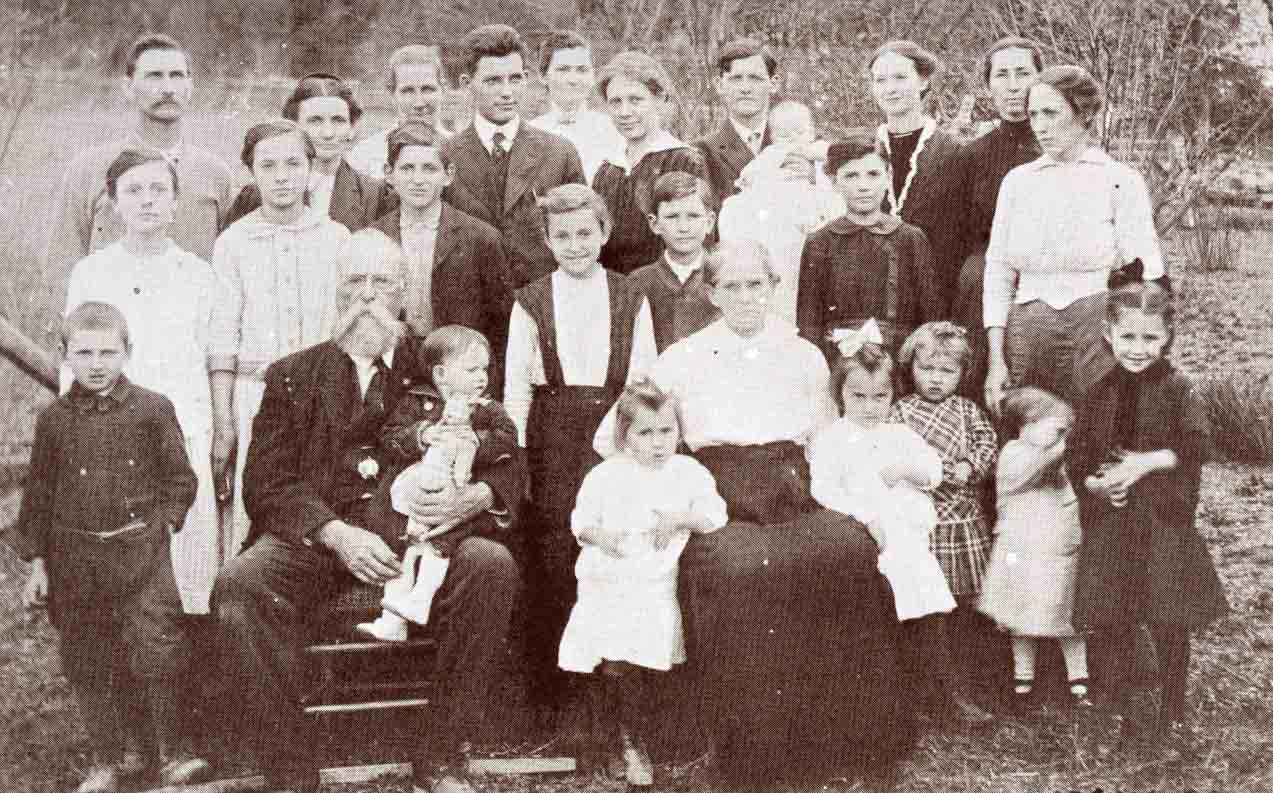Rice Ware's grandfather, also named Rice Ware, Sr. (1797- 1883) from Albemarle County Virginia, was one of the first settlers in Pulaski county Kentucky.
I am focusing this web page on Greatgrandfather Rice, because it was his daughters strong sense of family values that started the "Ware Family Reunion" that continues to this day at the Big Bone State Park near Walton Kentucky every year on the first Saturday in June.

Rice Ware
1846 - 1927
Godbey, Haggard, Apple, Cannon, McKee, Allen, Boyatt, Hill, Wesley, Wilson, Stepp, Craft, Hough, Jacobe, Howard, Lake, Gross, Jones, Downey, Allen, Dispennette, Stringfield, Taylor, Fryer, Wheeler, Lawhorn, Watson, Weeks, Wine, Buess, Bryant, Coomer, Hartke, Epperson, Harmon, Hammond, Corder, Coddington, Restle, Cole, Hughes, Pike, Kinman, Joyce, Bastin, Black, Bourne, Byrd, Back, Catron, Clouse, Corhn, Dunsmore, Duvall, Elliott, Ellis, Ellison, Fedrick, Frauenknecht, Fulcher, Gaunce, Haarman, Hargis, Hawk, Isaacs, King, Kingman, Kuhn, Mathis, Meyers, Moses, Moubray, Pope, Rector, Reese, Sayers, Schermerhorn, Shewmake, Smith, Stamper, Stone, Tormamichel, Vaught, Villar, Wheeldon, Williams, and Wynn
Many of the decendents have not been updated since
1968. Therfore the list of last names are very much
larger than what I have listed.
One of the purposes of this web page is to locate other
family members and welcome them to our "Family
Reunion".
.YourWebmaster and Host:
David Ware
Canton Georgia
770-479-4447
Grandfather Virgil and Sisters
Mary Eliza "Ware" Apple; right,
Emma "Ware" McKee; left and Maggie
"Ware" Cannon :center
